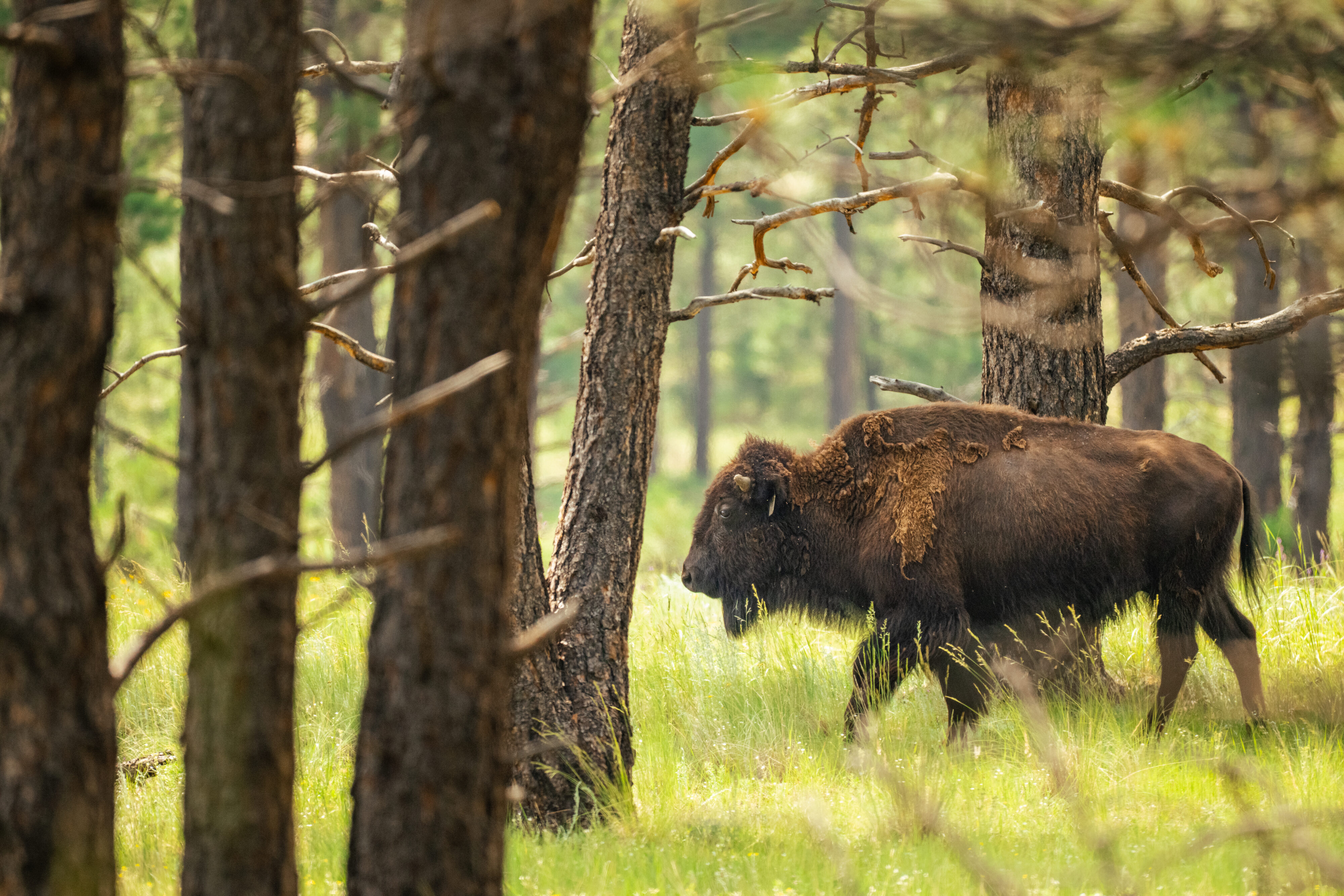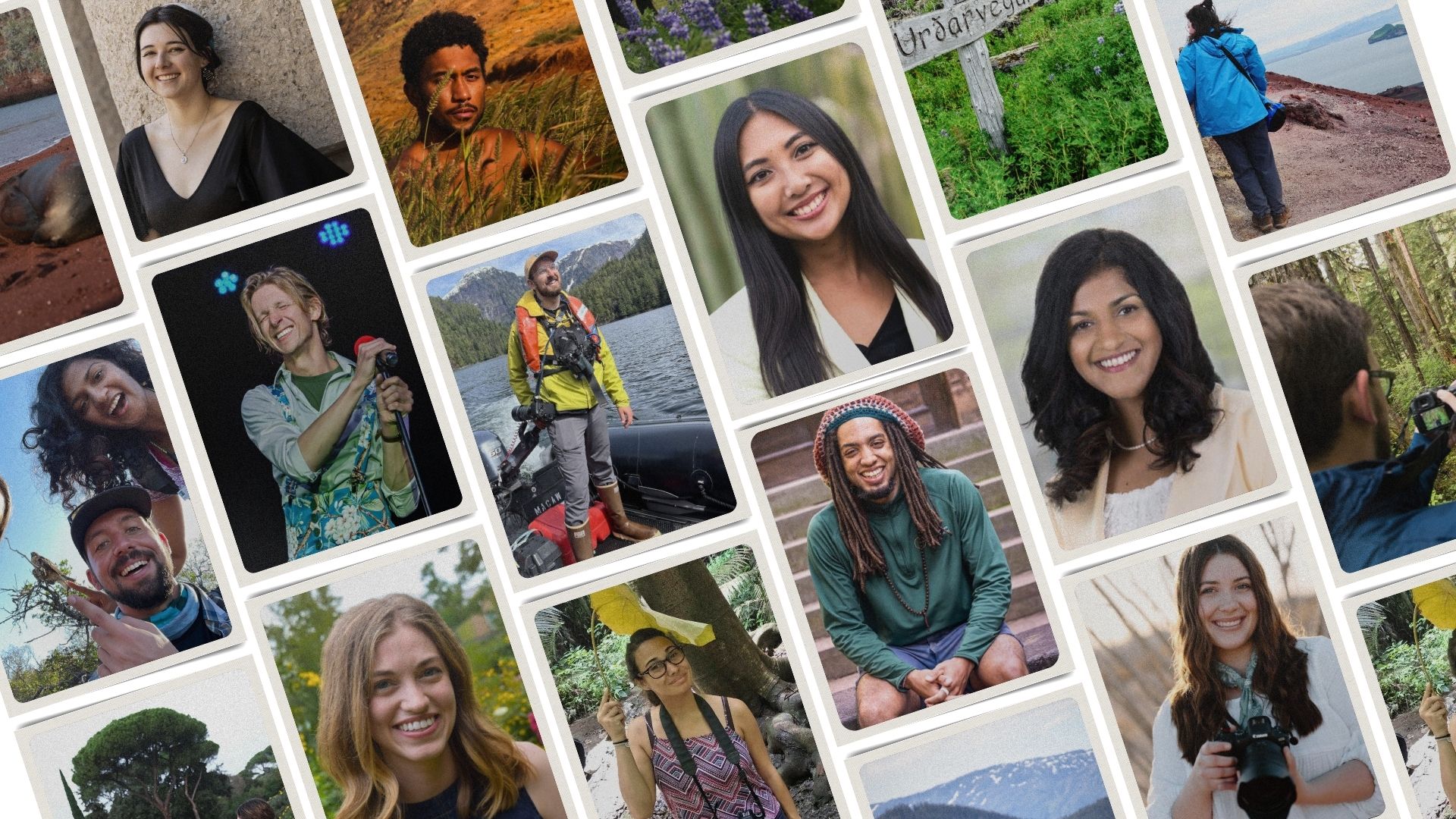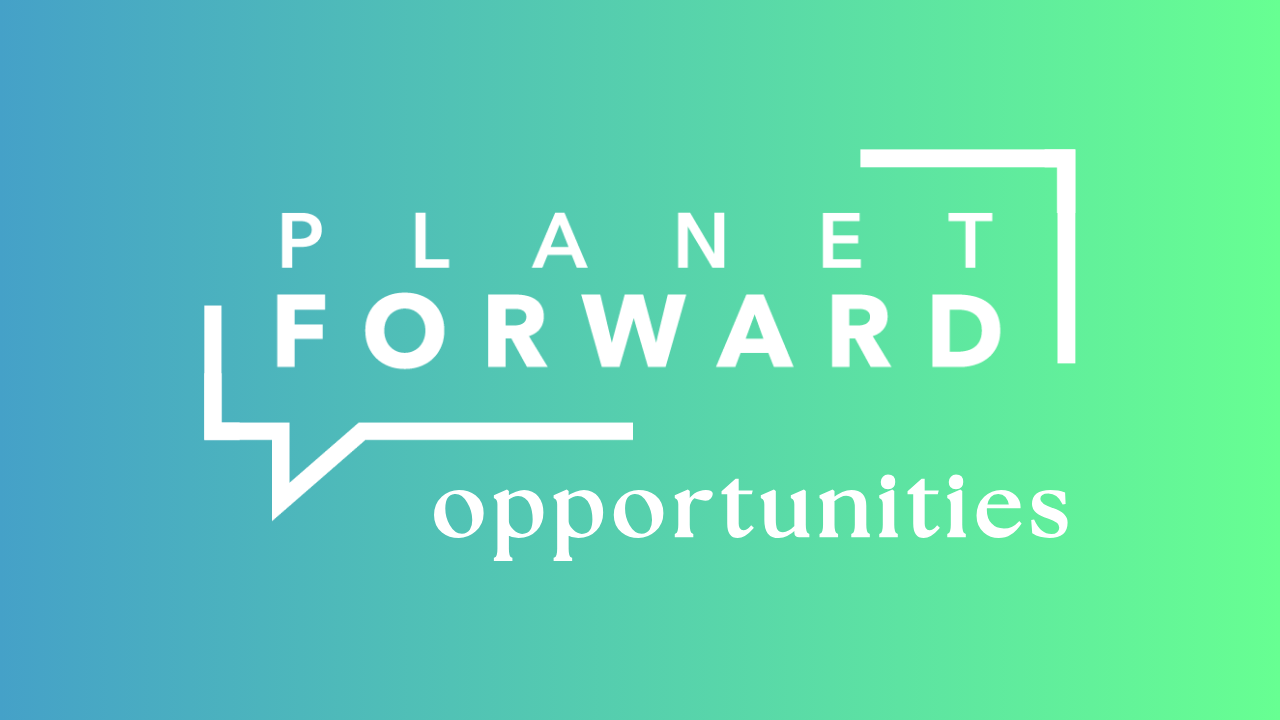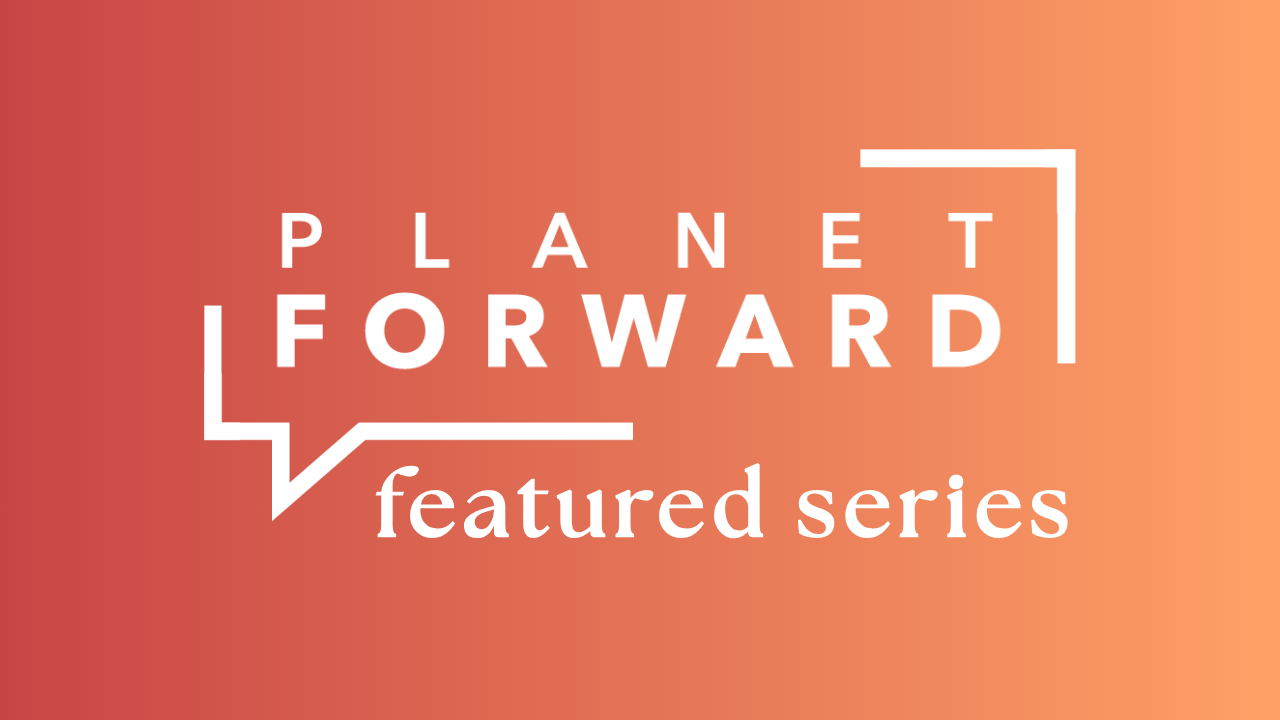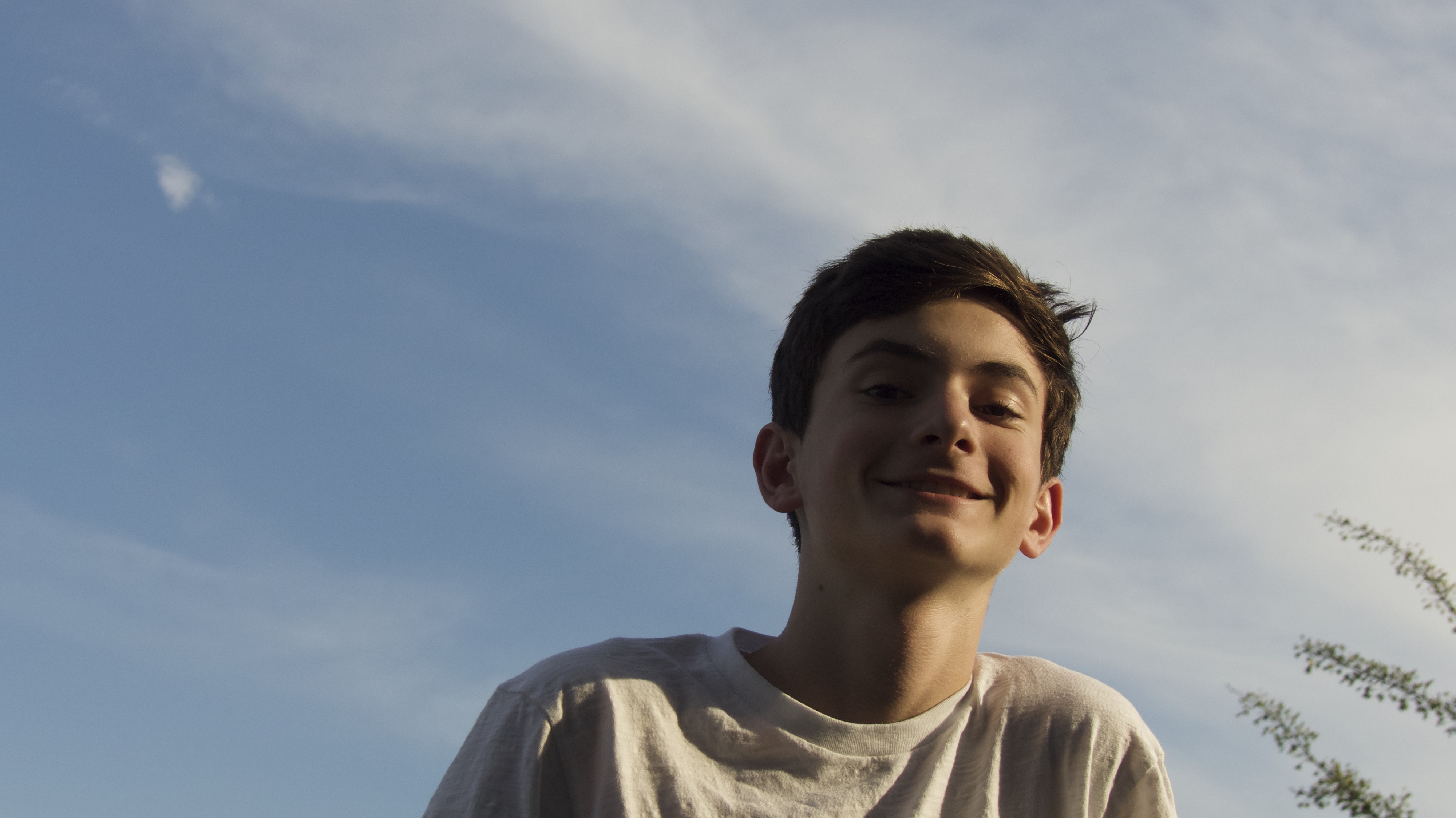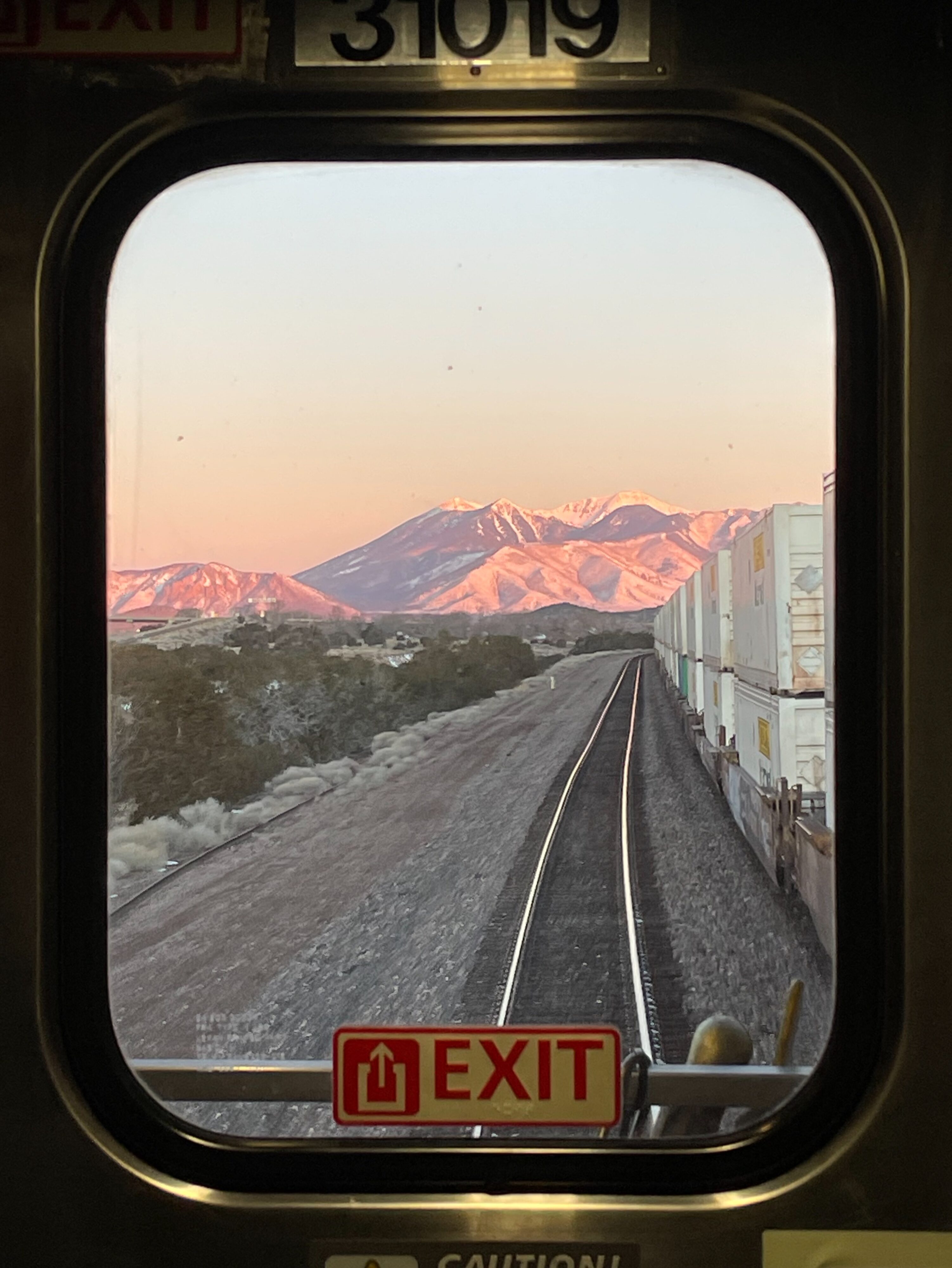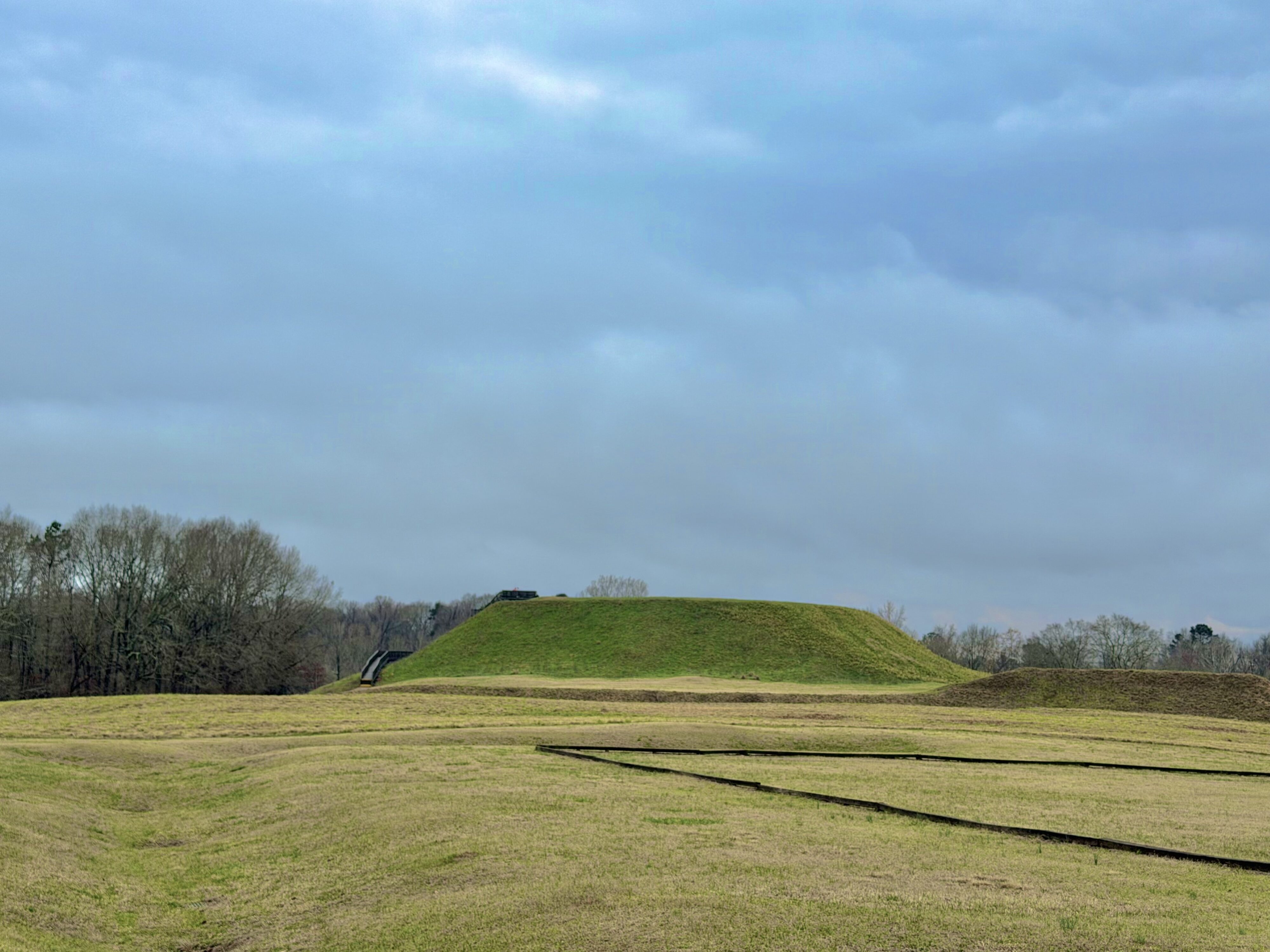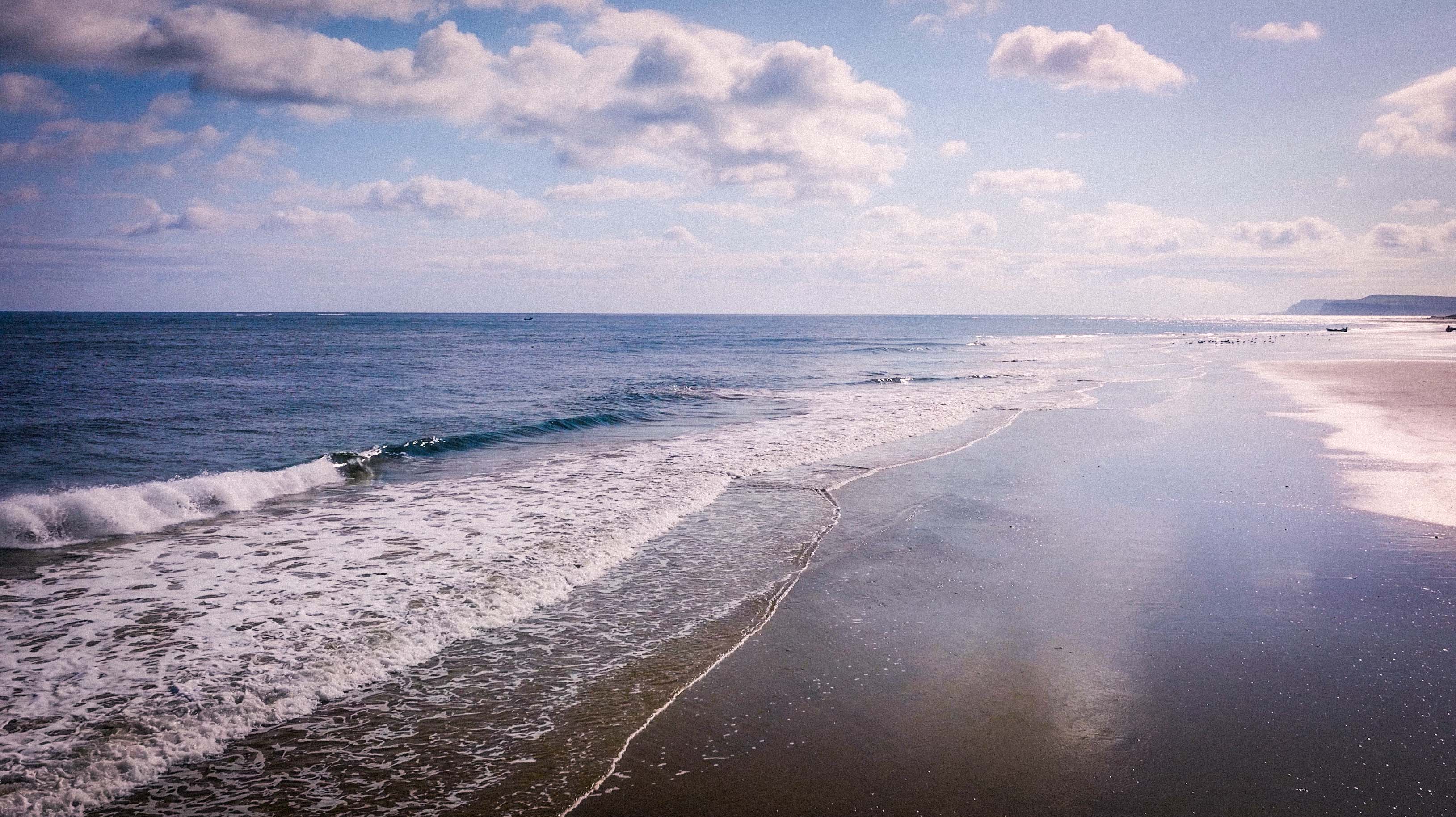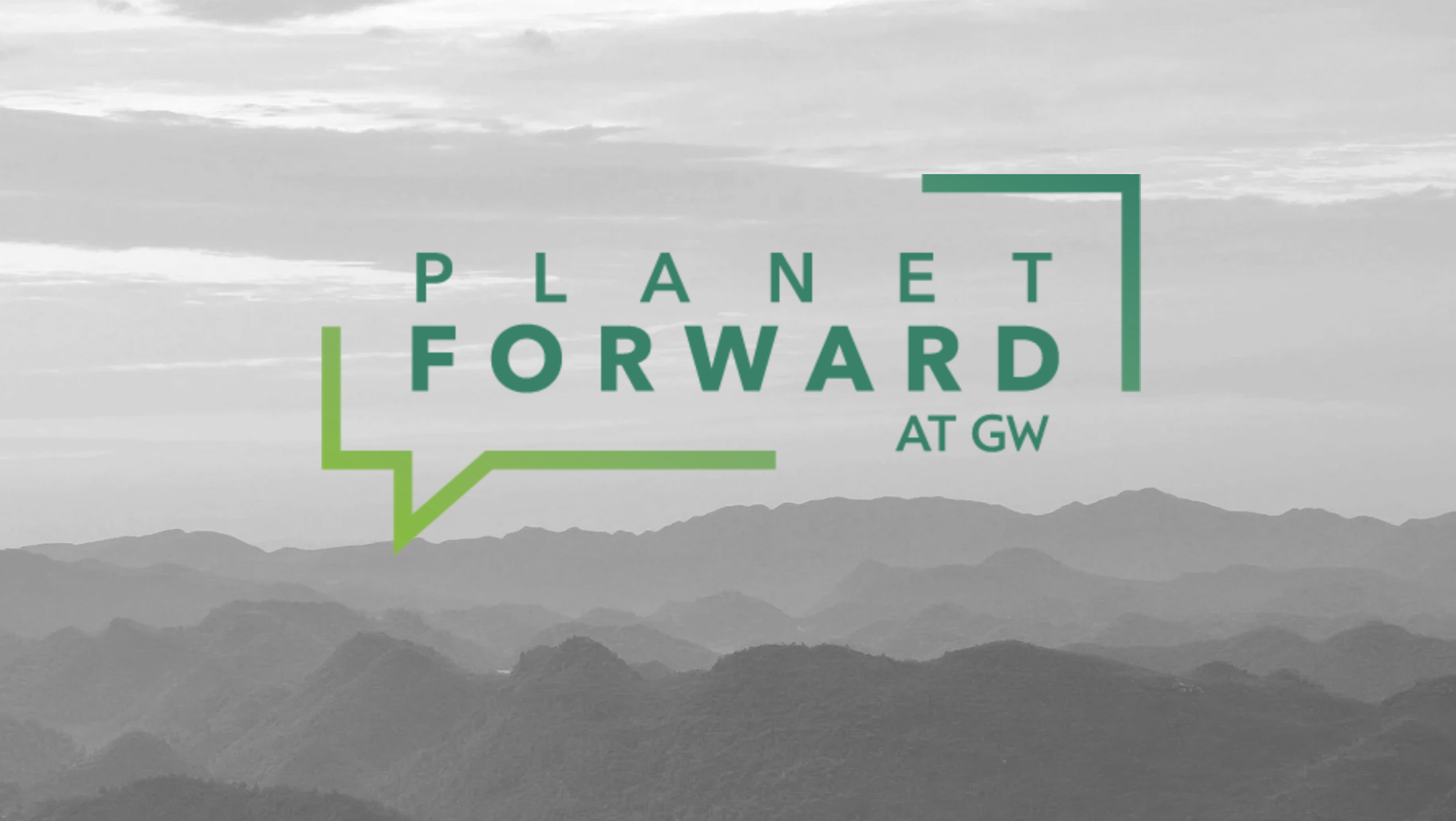 Lily Muhlbaum is a rising junior at Holton-Arms High School in Bethesda, Maryland. She, like many American teenagers, was faced with a summer of canceled plans due to the COVID-19 pandemic. The only salvageable portion was a solo 23-day hike, rich in sludge and mosquitos, which miraculously complied with CDC guidelines. Muhlbaum found a way to maximize the impact of her trek: raising more than $10,000 for the Sierra Club and spreading awareness around environmental issues with each muddy footstep. Soon after her return from this adventure, I sat down with her to discuss.
Lily Muhlbaum is a rising junior at Holton-Arms High School in Bethesda, Maryland. She, like many American teenagers, was faced with a summer of canceled plans due to the COVID-19 pandemic. The only salvageable portion was a solo 23-day hike, rich in sludge and mosquitos, which miraculously complied with CDC guidelines. Muhlbaum found a way to maximize the impact of her trek: raising more than $10,000 for the Sierra Club and spreading awareness around environmental issues with each muddy footstep. Soon after her return from this adventure, I sat down with her to discuss.
This interview has been edited for clarity and length.
Q: Tell me about your fundraiser.
A: I originally wanted to do something that would coincide with my hiking trip because it seemed like the perfect opportunity to fundraise for something that was important to me, and I chose the Sierra Club because they’re one of the leading organizations that helps the environment. I also wanted to take it a step further and go with something that would help with environmental justice and fighting against environmental racism because that was really important to me, especially as we see so many instances of systemic racism. There are so many different levels on which this happens and I chose the Sierra Club for that reason and I’m glad I was able to do it with them and raise so much.
Q: Was there a specific event that made you feel like you should involve yourself in the fight against environmental racism? Was there anything that inspired you to do it?
A: I don't know. It's a new passion of mine. I think, seeing as a lot of stuff has come up with the Black Lives Matter movement, I was just thinking about how like the outdoors can be a very white place. On my hike, it was crazy how... I mean, Vermont's a very white state, but I really didn't see a lot of color. Not only do a lot of communities of color not have access to hiking trails and other places where they can have outdoor activities, but there are so many cases of pollution and bad water. I guess just learning about Flint and other places that have these crises because of other people's uses of pollution. I don't know. I guess just seeing that, they weren't the ones polluting, it was other people in like mass corporations, so I thought it didn't seem fair that they had to suffer because of other people’s actions.
Q: What do you think is the biggest issue within climate inequity?
A: Hmm, that's a tough one. I think one of the biggest problems is the fact that people of color can create change in their community and they can try to fight to fix these issues, but it's so much harder for them to fix the overall issues of why it's happening and the pollution and the consumerism and everything that's leading to it. I guess the fact that it's an inequality and the fact that not only can these communities not fix the problem, but they can't fix what's causing it.
Q: When was the first time you found out about climate inequity? Was it just generally on social media or was it elsewhere?
A: Yeah, I guess. It's kind of hard to pinpoint. Also, when I was driving home and I don't know, we drive through Baltimore a lot and there are these smokestacks and it’s, it’s actually funny because it's turning trash into energy, but it's still a major pollutant in Baltimore. I guess my dad pointed that out to me and that was really crazy to see. But mainly social media, probably. My teacher is super passionate about that. I was interviewing her last year for this program I was doing and I asked her this question, I asked her, "Do you think it's harder for people without money to be able to fight for climate change?" She was absolutely like, "No, it's the wealthy people who are creating these issues because they can buy everything and it's not their concern." Once she said that, like I kind of just, my whole way of thinking turned around. That was really a turning point in that.

Q: Would you recommend that other people do things like you did, connecting with nature through a hike, or organizing a fundraiser to contribute resources to the fight?
A: Yeah, definitely. I think the hike was life-changing. Not only because I just think that being able to connect with the outdoors really inspired me to continue to fight for climate change, but the connection between the two made so much more sense because when I'm sitting in my suburban home, I don't really see why I need to be supporting these causes, but in the woods, it left me thinking that if there weren't people fighting to keep these trails alive and to keep other things like that going then I wouldn't be there. I think that the connection between the two is very important.
Q: Do you think that our generation, high schoolers, Gen Z, whatever you want to call us, are aware of environmental racism? Do you think it gets enough general press coverage?
A: I don't think so. I think that racism and environmental issues get a lot of coverage, but I don't think that a lot of people necessarily combine the two. Maybe that's just in the area we live in and like around us, since there are not hurricanes and there's no pollution as much as in other areas, but no, I don't think the two are necessarily combined as much as they should be. I think that that's changing, but up until a few years ago, I'd never really heard of it.
Q: Do you think environmental racism should figure more prominently in political campaigns and in policymaking right now?
A: Yeah. I think that obviously it should. I guess what we were saying before, there are environmental issues and racism and all of that and the need to create laws to fight both of them, but I mean, there’s a definite lack in laws that link them. It would be hard to, it seems like more of a local or state thing than a federal issue, because they're so specific to different groups I guess.
Q: For teenagers who maybe don't have the time or means to go to organize a fundraising hike like you did, what can we do to fight everyday environmental racism in our lives?
A: I think that one's hard, because if it's not something you see in your community, it's a lot harder to understand it than if it is something you're experiencing every day. I guess that's a problem teenagers face in a lot of different areas, because I don't know, like posting. Does that really help? I don't know. Yes it awakens people, but it's not really action. I think that research and starting to learn about it is the first step. I think that's really important, but is spreading awareness enough? That's a good question. I definitely want to think about that, because I don't really have a great answer. I think that it is hard because some people think that slacktivism is pointless, but at the same time it really does spread information quickly. I also think that since older generations just don't understand it, we definitely have a chance to make something happen and create change.
">Vermont hiking trail (Famartin / CC BY-SA (https://creativecommons.org/licenses/by-sa/4.0))




